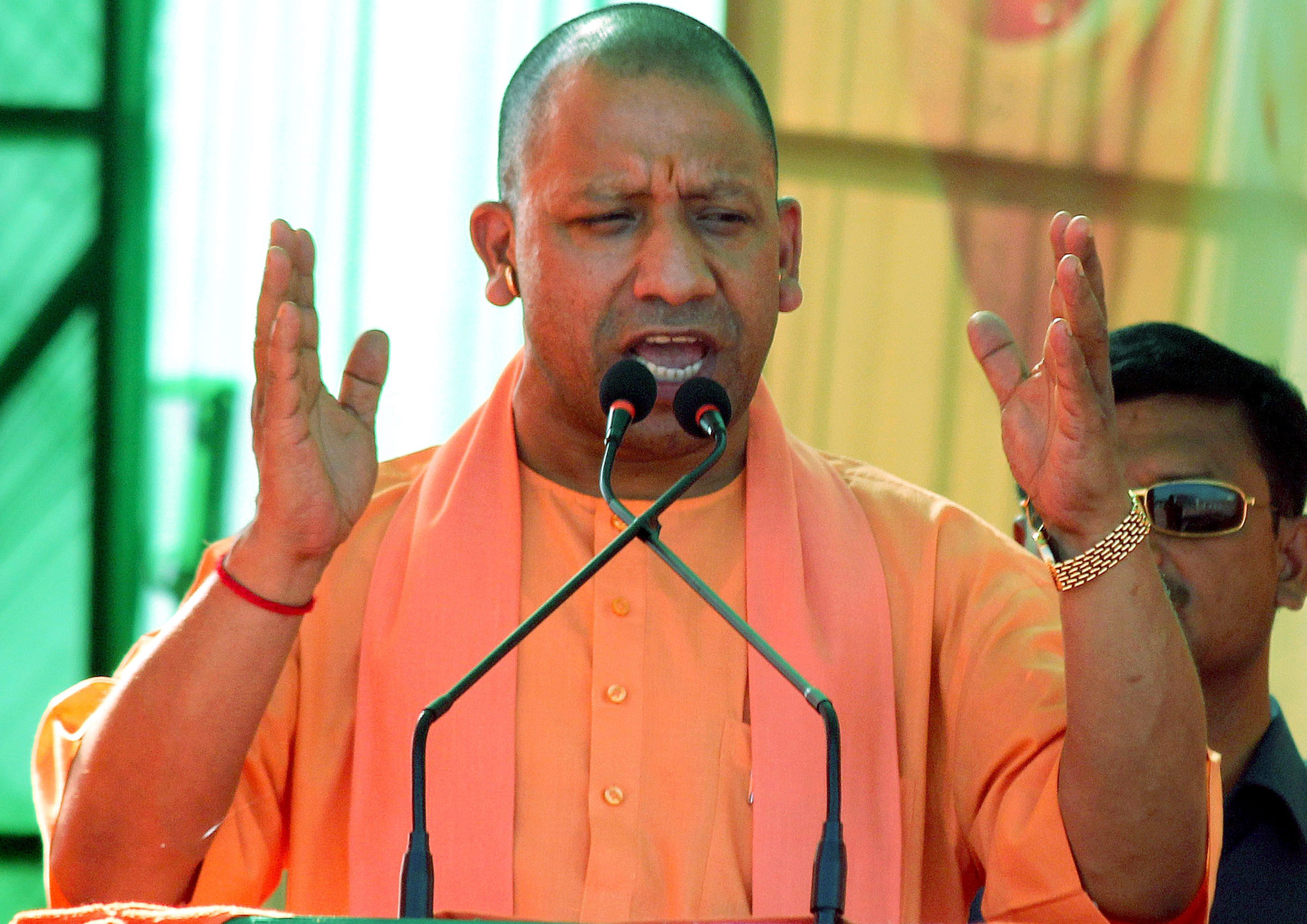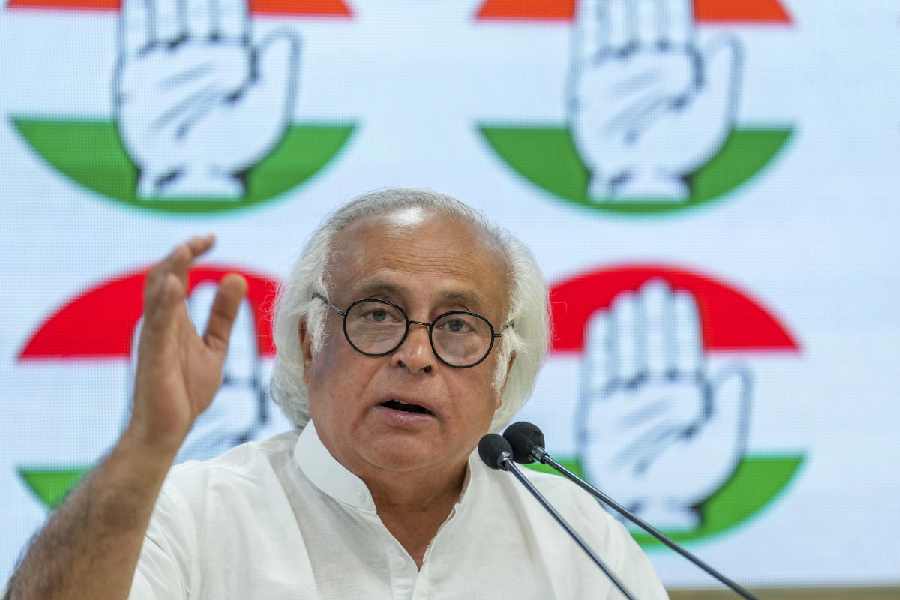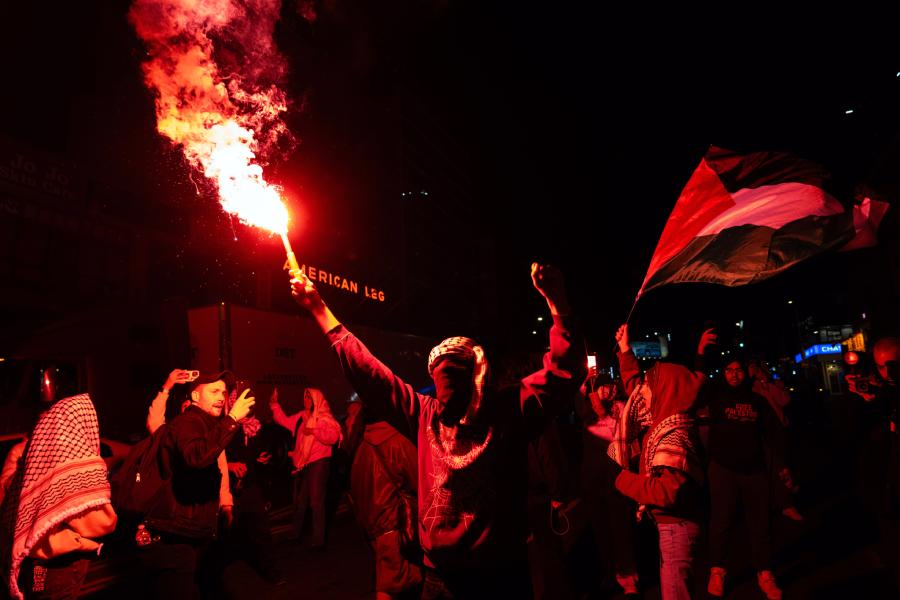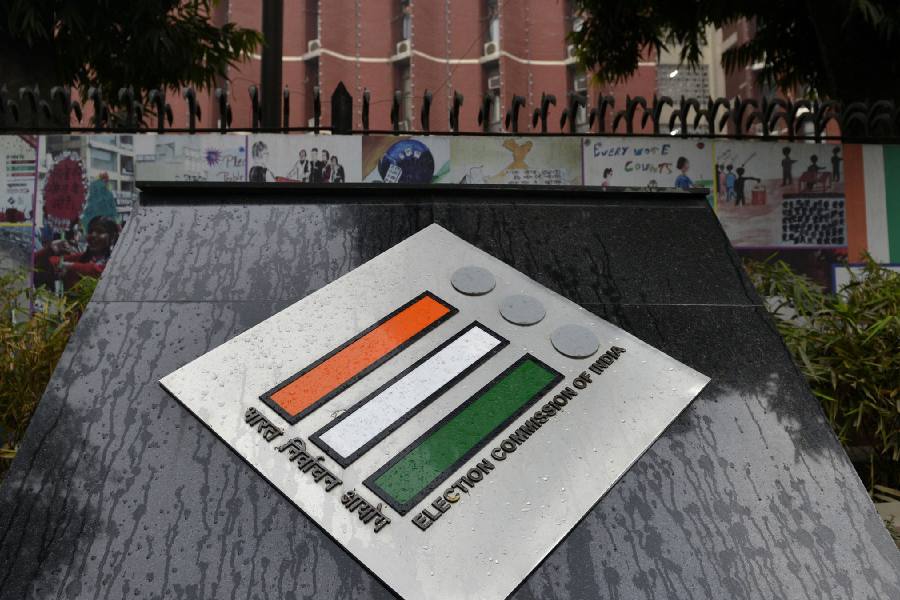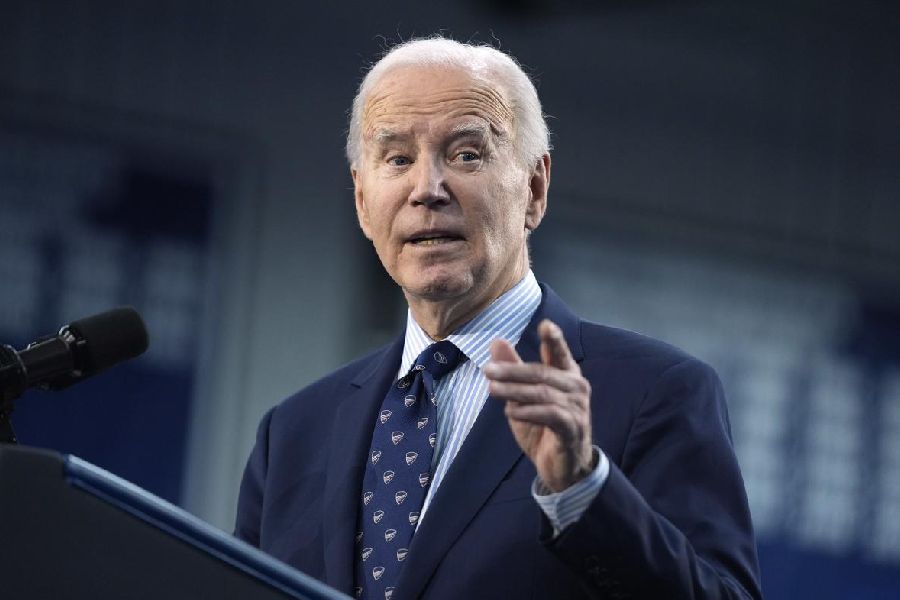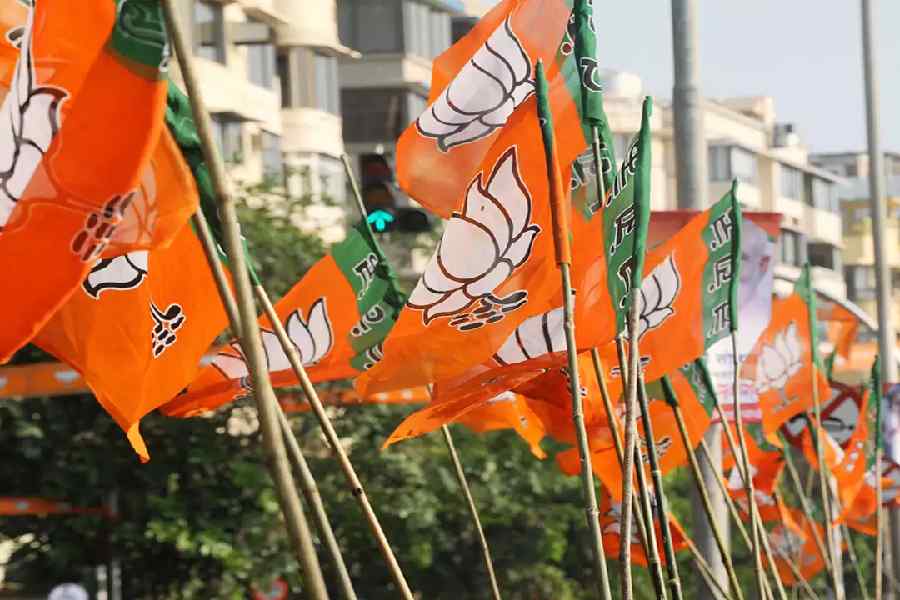The Indian Union Muslim League on Saturday petitioned the Election Commission to register an FIR against Uttar Pradesh chief minister Yogi Adityanath and the Akali Dal MLA from Delhi, Manjinder Singh Sirsa, for their remarks against the party.
Adityanath had on Friday called the League a “virus” that had “infected” its ally Congress, and incorrectly blamed the League for the Partition, which happened a year before the party’s birth. Sirsa had appeared to equate the League with Pakistan.
A League delegation met the poll panel on Saturday with a nine-page petition detailing the party’s origins as a rebuttal of Right-wing attempts to misrepresent its history since the announcement of Rahul Gandhi’s candidature from Wayanad, Kerala, where Muslims have a sizeable presence.
It asked the commission to help disable the social media accounts of several people including Adityanath, Union minister Giriraj Singh and the chief of the BJP’s infotech cell, Amit Malviya, “for baseless, malicious and wrong allegations’’ against the League in violation of the model code of conduct.
“The League doesn’t need a certificate about its nationalist or patriotic credentials from any quarters, including Yogi Adityanath,” League national general secretary P.K. Kunhalikutty said in a statement.
“The IUML is a recognised party in the state of Kerala and has a long history of upholding the secular democratic ethos of our Constitution.”
The League has been a constituent of the Congress-led United Democratic Front in Kerala for 50 years and has welcomed Rahul’s decision to contest from the state.
Its cadres were present in strength at Kozhikode airport when Rahul arrived on Wednesday evening and also in Wayanad during his road show after filing his nomination papers.
Right-wing social media handles had hyped up the presence of the League’s flags — green with a white crescent and a star — in the road show, calling them Pakistani flags.
Although the canard was immediately called out by many social media users and fact-checking sites, the pro-BJP handles remained undeterred, clearly seeing it as an effective tool to garner votes elsewhere. This was evident from the frequency with which this message popped up within WhatsApp groups.
Even the reminder that the BJP had itself allied with the League to rule the Nagpur Municipal Corporation in 2012 did not embarrass the Right-wing handles into silence. That the League’s flags had been projected as Pakistani flags earlier, too, suggests that this is a well-considered strategy and not ignorance at play.
Raising the matter in its petition to the poll panel, the League underscored that many other parties too had green flags, among them the Janata Dal United, Janata Dal Secular, Indian National Lok Dal, Rashtriya Janata Dal and the Biju Janata Dal.
The petition described how the party had been constituted in 1948 and had nothing to do with the pre-Partition All India Muslim League of Mohammad Ali Jinnah.
Researcher Shafeeque V, who has been keenly observing Muslim politics, told The Telegraph that the League had always been progressive and played a key role in mainstreaming the community.
“South India’s engagement with Islam followed a very different trajectory. It was not through war,” he said.
“The IUML was able to deal with the post-Partition dynamics because of its progressive outlook, which encouraged the community organisations to invest in education -– particularly of girls -– and hospitals just like the Nair Service Society, Sree Narayana Dharma Paripalana Yogam and the various Christian denominations.’’
The League was also successful in keeping the radical elements in the community in check for a long time. Organisations like the Popular Front and the People’s Democratic Party, according to Shafeeque, emerged in Kerala out of frustration within the community at the League’s refusal to adopt violent methods to battle the RSS.

